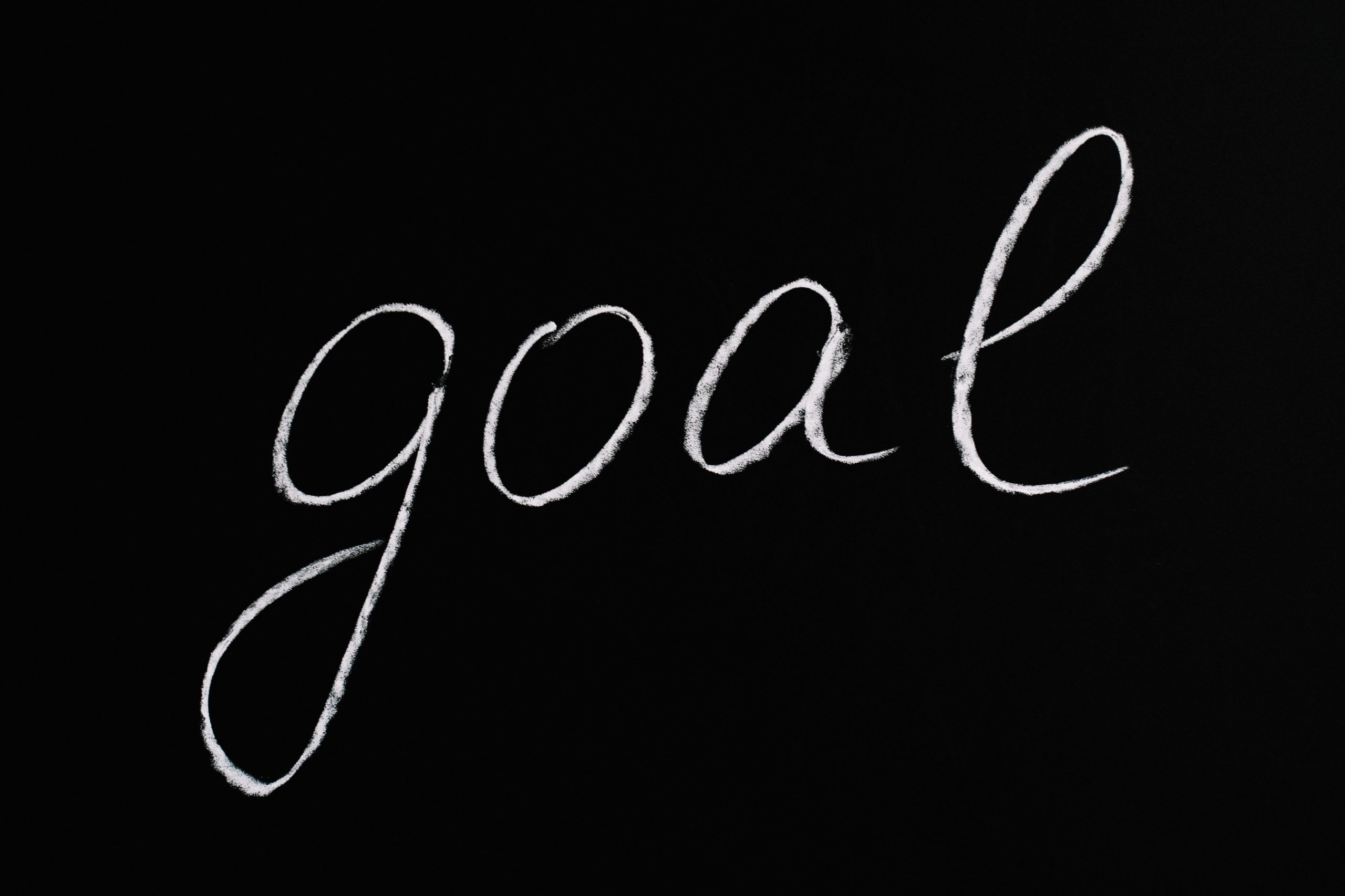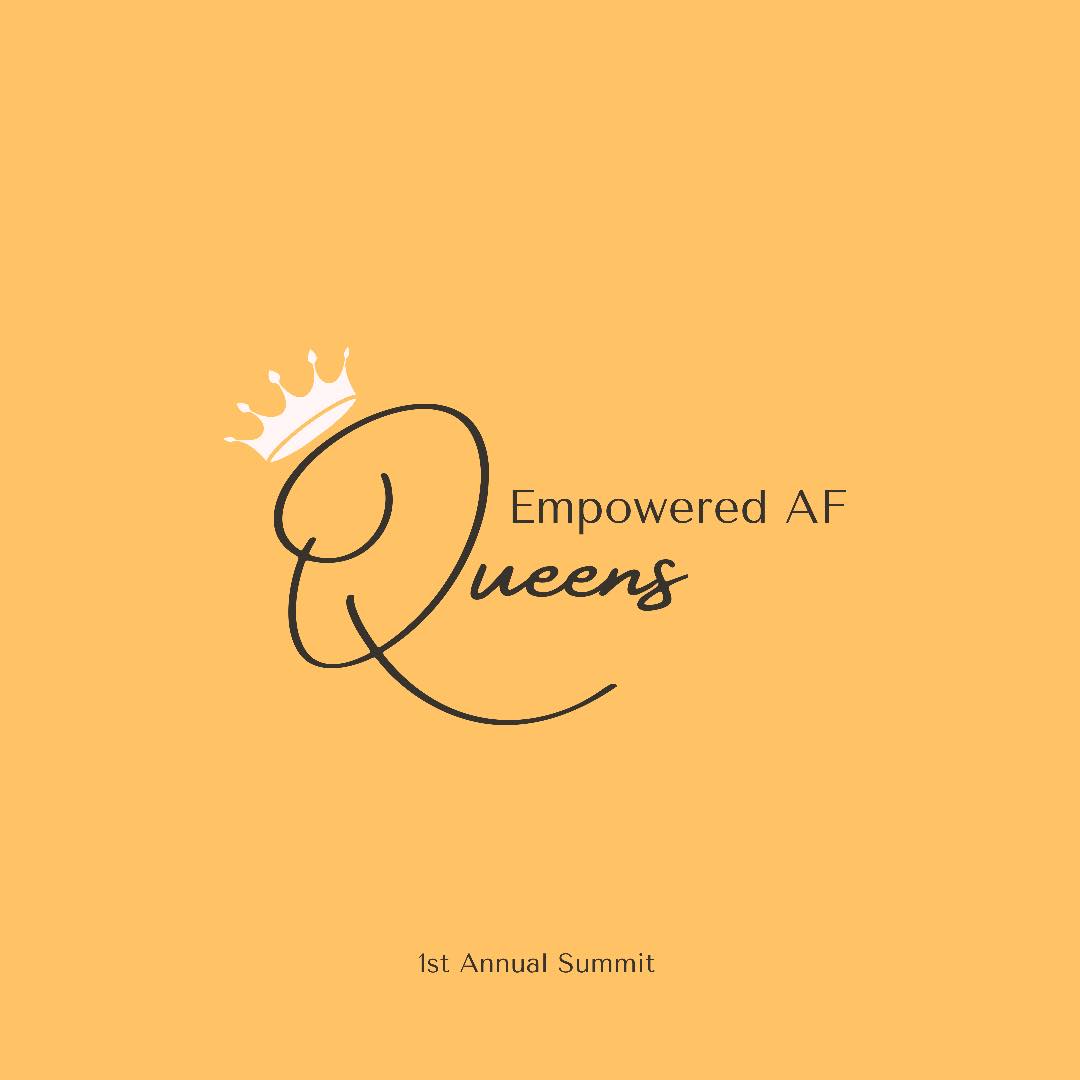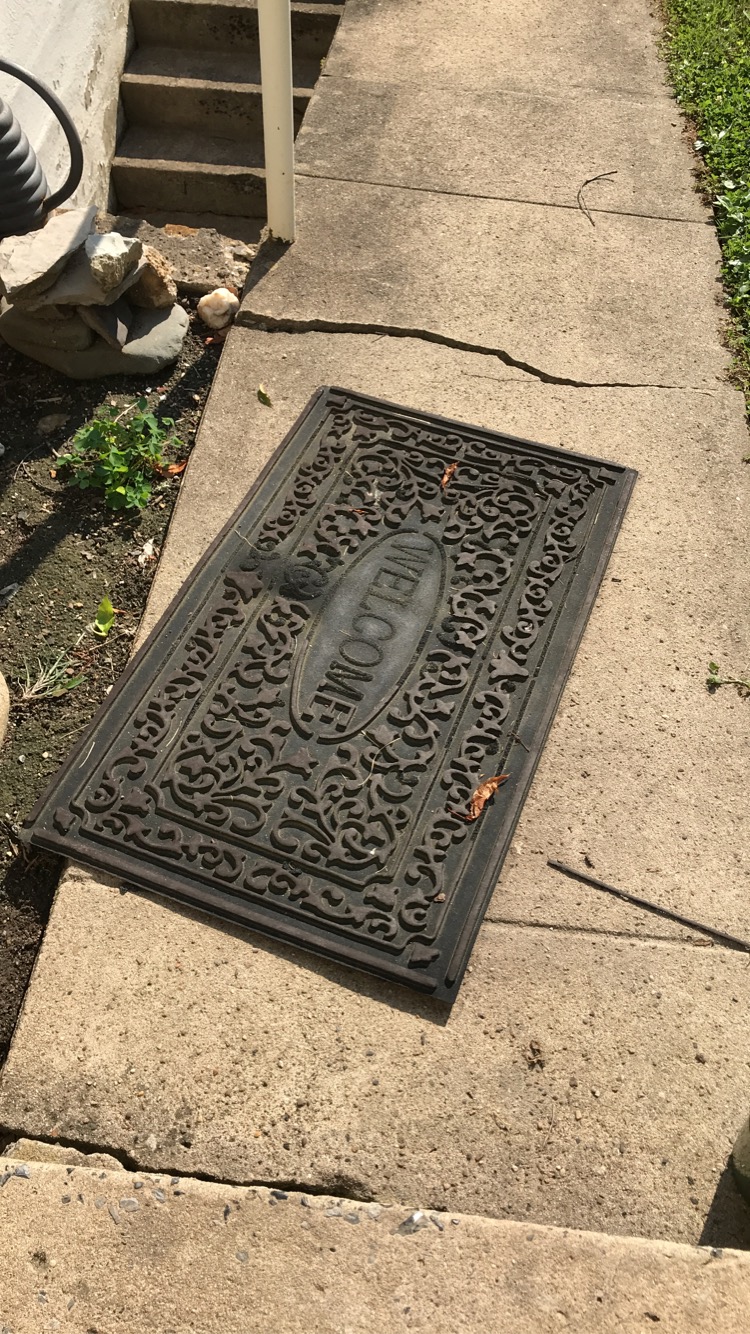The Grand Plan – Step One Questions Week 1 For the next 7 days, take 5 minutes to write down at least one answer to every question, although a small list is better. After a few days you’ll probably notice some trends in your answers, especially answers you’ve put down multiple times over the 7 […]
Category: Creative Mindset Blog
Articles for creative artists that help them produce more work and more meaningful work

The Elements of A Viable Goal
Here is a free pdf explaining the elements of a viable goal. Click to download […]
Goal Getters Accountability Group
Goal Getters Maybe “Wholistic Goal Getters” is better since we believe there is no separation between your life and your profession – it’s all part of your life, and therefore should be chosen carefully, and that it should fit in with your values and your personal “why” mission in life. This is a group that […]

9 Tips for finding the right coach for you.
How to find an effective coach that fits your individual needs. An effective coach is all about helping you, and not about using you to grow their own platform. If you scroll through Facebook, there’s no doubt you’ll see ad after ad promising that you’ll become your best self if only you buy their e-book […]

Queens: Empowerment Summit Best Tech Practices for Presenter:
This will cover computer, microphone, camera, and lighting. Choose a good room: Find a quiet place in your house that doesn’t sound too echo-ish, but don’t worry about getting too OCD about this. If you can stay away from walls on the left or right, or just behind you, all the better. Try to find […]

Our Why
I believe everyone has the ability to think creatively, and to think for themselves. I believe in a world where people have the freedom to express themselves in a way that’s authentic and individual. Artistic expression begins with a your mindset. Your beliefs about what is possible and what you are capable of. There is […]